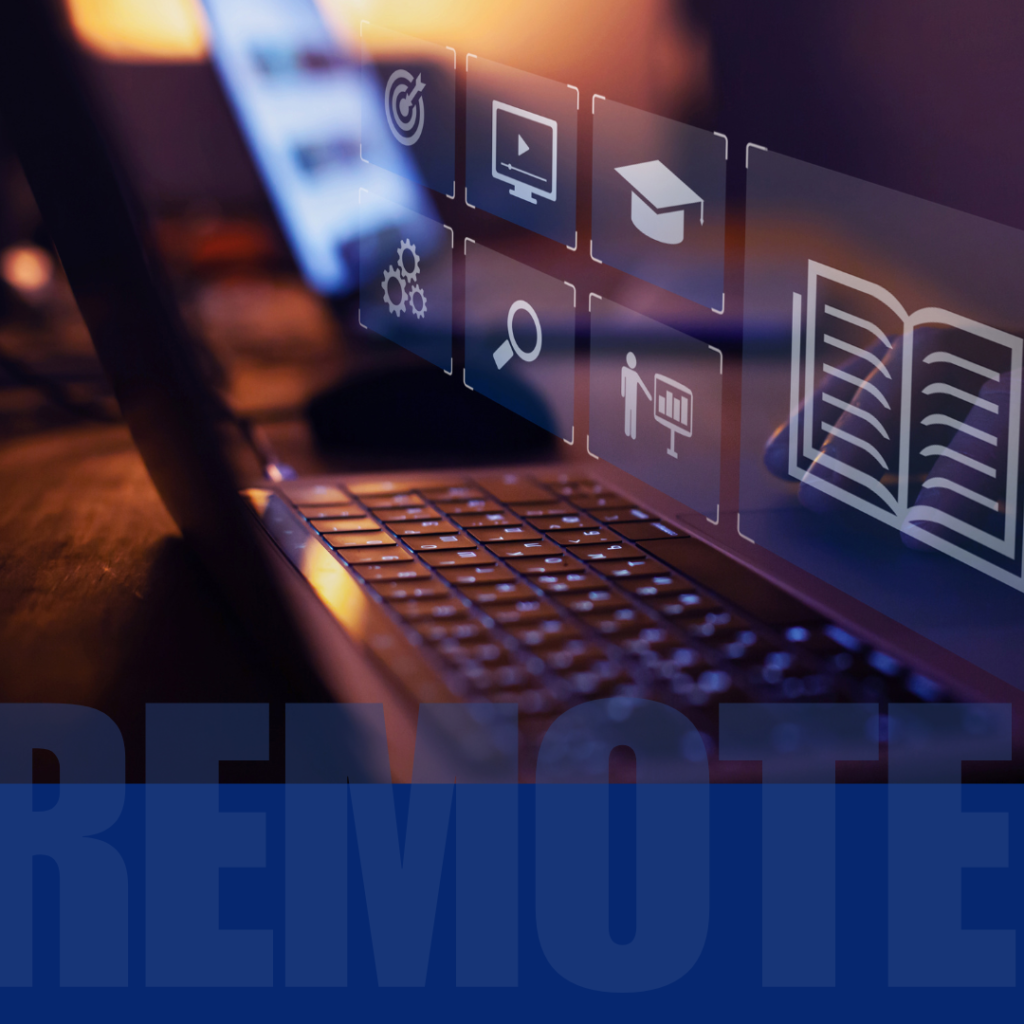
Why the Future of HR Technology Starts Now
The world of work is changing fast. HR technology is no longer just a support tool. It is becoming the engine that drives recruitment, engagement, and retention. Companies that delay adopting modern HR tools risk falling behind in the talent race. The future is about speed, data, and personalization. And the truth is, you do not have to wait for tomorrow. Many of these technologies can be implemented today to create a smarter and more human-centered workplace.
AI-Driven Recruitment and Candidate Matching
Finding the right candidate is no longer about scrolling through endless CVs. AI-powered recruitment systems can now analyze applications, assess skills, and even predict cultural fit in minutes. This saves HR teams hours of manual work and reduces bias in the hiring process. These tools can also scan social media and professional networks to find passive candidates who may be perfect for the role but are not actively applying.
The key here is balance. Technology can speed up the selection process, but human judgment is still critical for understanding personality and potential. The smartest HR teams use AI as an assistant, not a replacement.
People Analytics for Better Decision-Making
Data is becoming the most valuable resource in HR. People analytics tools help track performance trends, measure engagement, and forecast turnover risks. With this information, HR teams can make proactive decisions rather than reacting to problems after they occur. For example, analytics might reveal that certain teams have a higher burnout risk during specific months. With this insight, managers can take action early to prevent productivity drops.
The future will belong to companies that use data not only to evaluate employees but also to improve their experience. Metrics like happiness scores, career progression rates, and skill development will become as important as revenue numbers.
Learning and Development in the Digital Era
Employees today expect learning to be flexible, interactive, and personalized. Cloud-based learning platforms allow companies to deliver training anytime and anywhere. Gamification, microlearning, and VR-based simulations are making professional growth more engaging than ever.
Investing in learning technology is not just about keeping employees happy. It is about staying competitive. Skills have a shorter lifespan than before, and companies that fail to upskill their people risk becoming obsolete. The best HR strategies combine on-demand training with clear career paths, so employees see how their learning connects to real opportunities.
Employee Well-being Platforms and Mental Health Tools
Well-being is no longer a side project. Digital platforms that support mental and physical health are becoming essential parts of HR strategy. These tools can track stress levels, offer mindfulness exercises, and connect employees to professional counseling. Many integrate with wearable devices, giving real-time insights into wellness trends across the company.
When well-being is supported with technology, it is easier to spot patterns and address issues before they escalate. A company that invests in mental health today will have a more resilient and loyal workforce tomorrow.
The Human Touch in a Tech-Driven World
With all these technologies, it is easy to forget that HR is about people. The best systems enhance human connection rather than replace it. Automation can take over repetitive tasks, giving HR teams more time to focus on conversations, coaching, and relationship-building.
The future of HR will be a blend of smart technology and authentic leadership. Companies that master this balance will create workplaces where efficiency and empathy work together.
